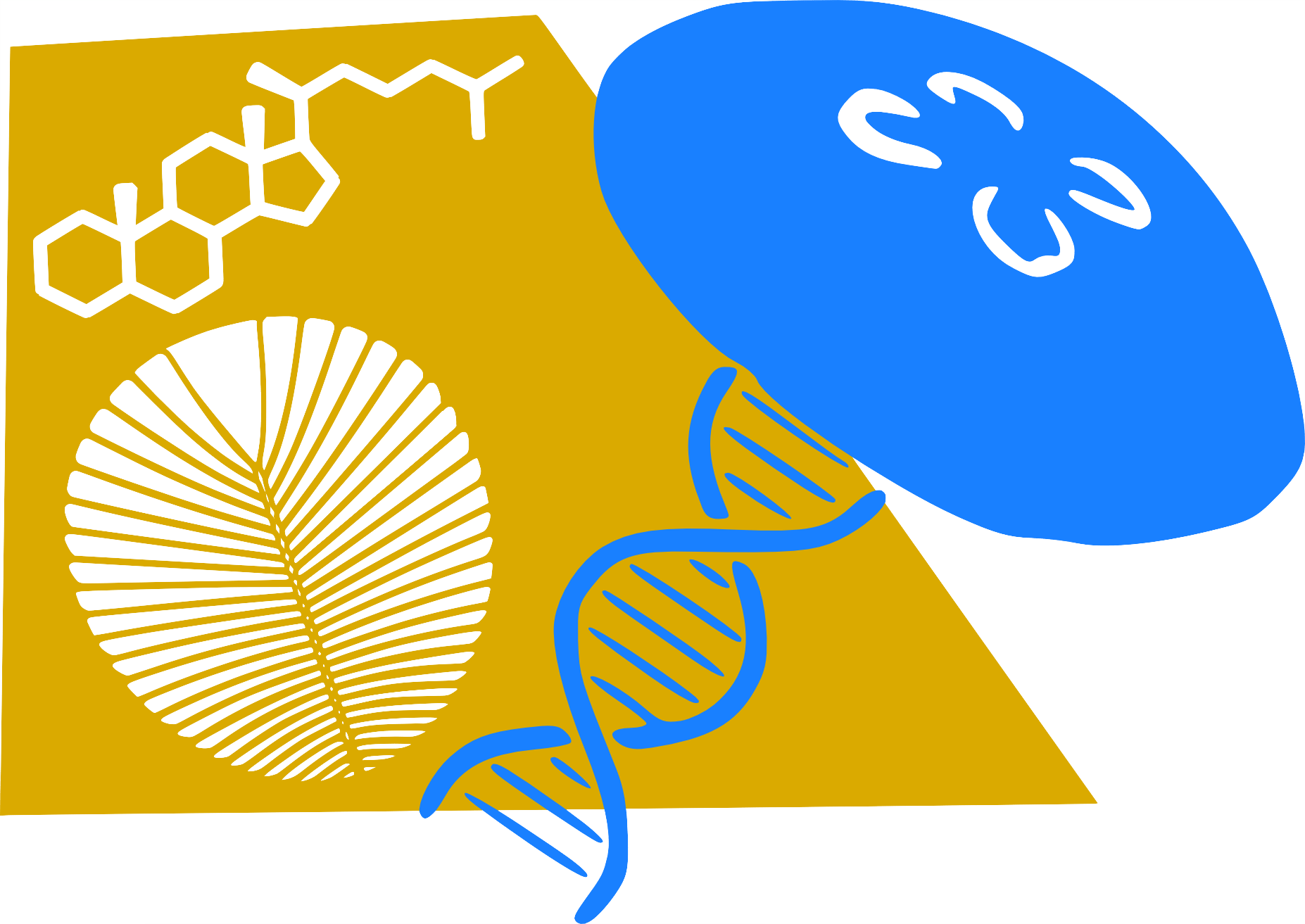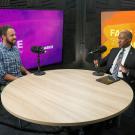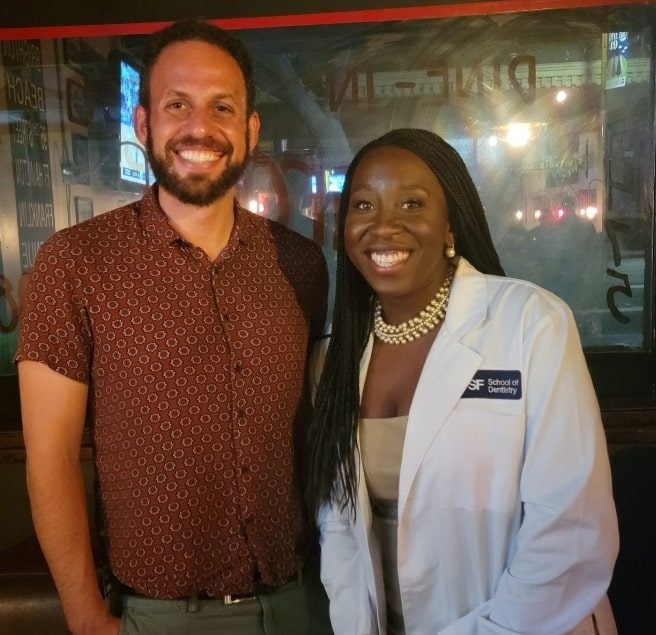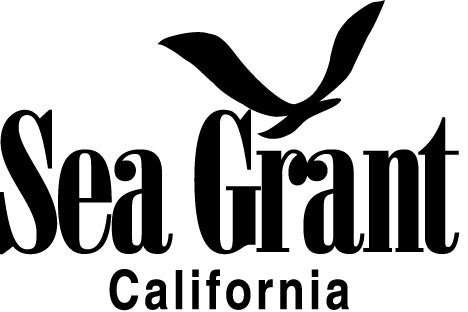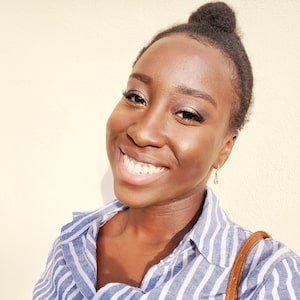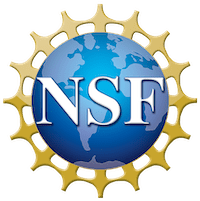Face to Face with Chancellor May
Dr. Gold was this month’s guest on Face to Face With Chancellor May. A big thank you to the Chancellor for inviting me on. It’s a great opportunity to learn more about the work being done in the lab, and I even got to ask the Chancellor a few questions about . You can watch it here.
Read more